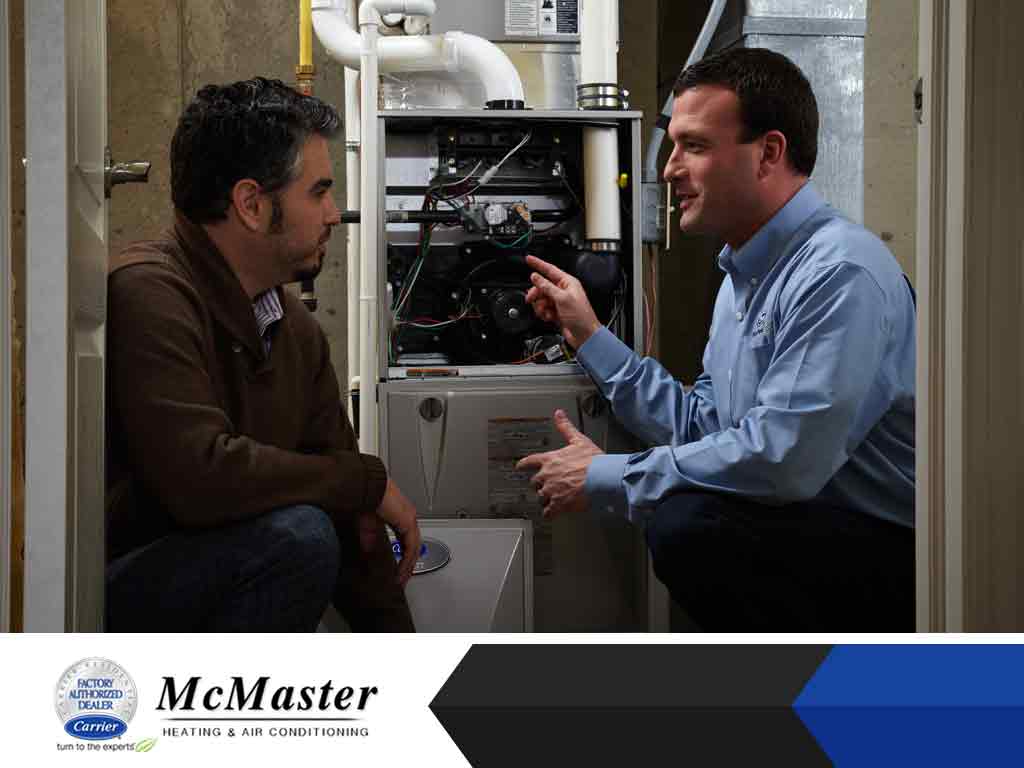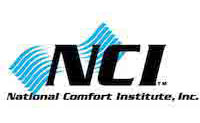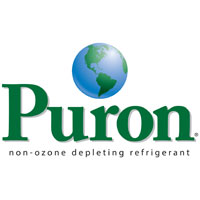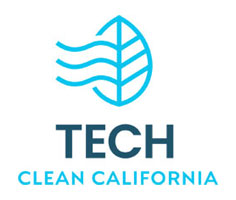Furnaces are the most popular central heating system in America because they’re generally the most economical. They can run on different fuels, but gas-fired units are common across the country. They rely on a forced-air system to distribute their heat output throughout the house via ducts and vents.
Although gas furnaces are ubiquitous, they’re not all created equal. It’s imperative to know the differences among seemingly similar products to pick the right one for your home and avoid frequent heating repair jobs. Here are three of many ways to classify gas furnaces:
Capacity
The British Thermal Unit (BTU) is the measure of heat energy. The higher BTU output the gas furnace can produce per hour, the more powerful it is in terms of warming up the space.
Usually, bigger units have greater capacity values. That said, larger equipment doesn’t necessarily mean better. An oversized furnace will cycle on and off more frequently while an undersized unit could run for far too long to meet the thermostat’s demand. An experienced technician will produce load calculations to determine the exact range of BTUs your ideal gas furnace should have.
Efficiency
Annual fuel utilization efficiency (AFUE) is the most common indicator of furnace efficiency. Top-rated ones have AFUEs between 90% and 98.5%. On the other hand, low-efficiency and mid-efficiency heating systems have ratings between 56% and 70%, and 80% and 83%, respectively. The percentage refers to the amount of fuel the unit can convert into heat; the remainder is the waste.
Ignition Type
The type of ignition is an acceptable means of classifying furnaces because older and newer models don’t share the same features. The former have a standing-pilot, which runs continuously whether the unit is in use or not. It’s the primary distinguishing quality of low-efficiency units.
Mid-efficiency furnaces have a pilot light, which goes out when the unit isn’t in operation. High-efficiency ones have either an intermittent-pilot or a hot-surface ignition system.
The Right Choice of Furnace Is Correlated to Frequency of Heating Repair
Let McMaster Heating and Air Conditioning help you pick the right gas furnace for your home to reduce your long-term heating repair costs. Call us at (949) 481-7995 now to speak with one of our expert technicians, learn more about your HVAC options and get a free estimate in Irvine.














